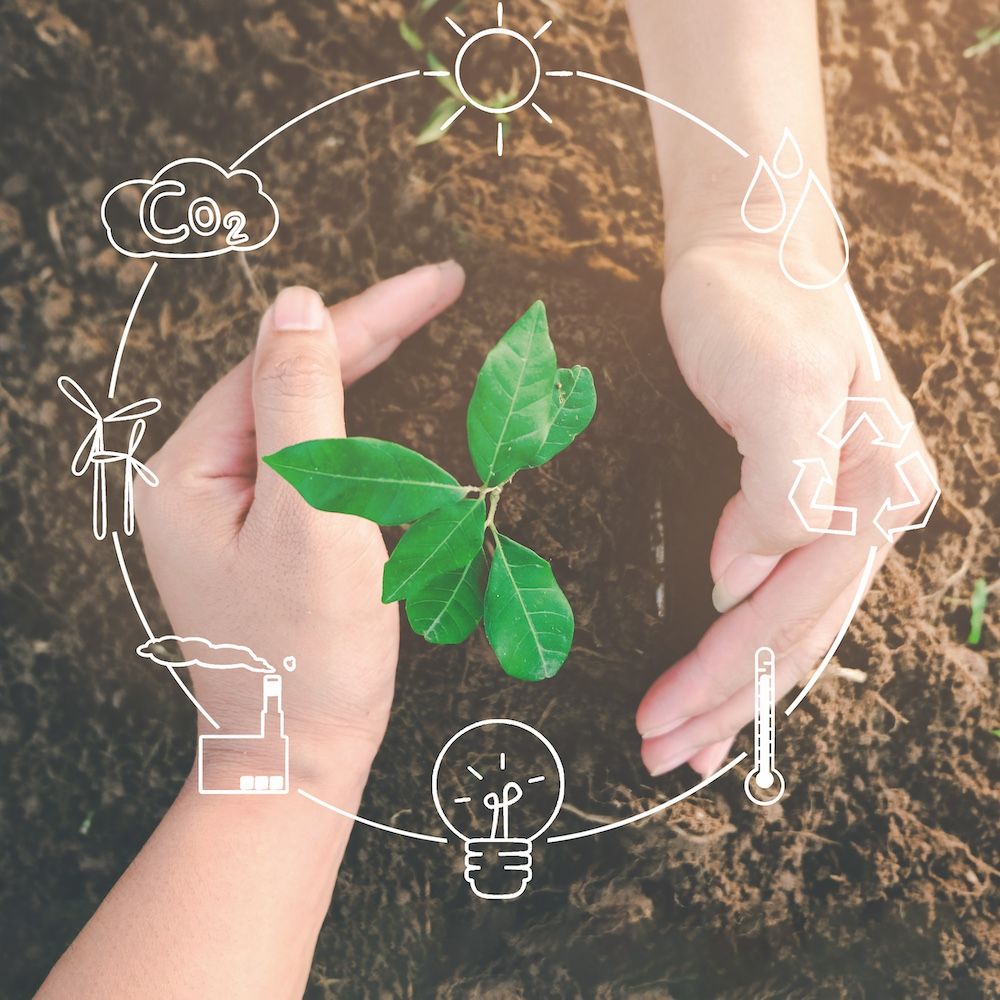Industries We Cover
Rubber is widely used in various industries, including automotive, construction and medical sectors and the rubber market is persistently growing. As the demands of this market are increasing so is the world’s drive for sustainability in the production of rubber-based products, especially regarding the mitigation of toxicity and the reduction of carbon footprint.
There are several main points for the manufacturing and utilization of environmentally friendly rubber industry products: alternative materials which replace traditional fossil fuel additives with bio-based ones; rubber recycling technologies and circular economy, transparency, and regulation in the supply chain of natural rubber.
Our chemical specialists have long-term experience in the rubber industry and are here to help the rubber companies in their transition to more sustainable production through plant-based additives, energy efficiency solutions and other customized sustainable developments.


In today’s rapidly evolving global manufacturing, the concept of Circular Economy is gaining more and more importance. Only in the past 5 years around 500 billion tones of materials were consumed, almost the same amount as in the entire 20th century and these rates of resource exploitation have already led us to exceed 5 of the 9 planetary limits.
The definition of circular manufacturing includes optimizing resources, minimizing waste, limiting the consumption of nonrenewable natural reservoirs. Remanufacturing, recycling, and reusing material products are the basic premise behind circular industry.
Circular industrial systems are not merely an innovation that is cost-saving, they reduce the material intensity of goods and services, decrease energy consumption and minimize pollution and environmental impact.
Renewable energy is the key to transition to a new energy model that contributes to the economic, social and environmental sustainability. It utilizes natural resources that are abundant, continuously replenished and spread all over the planet.
Modern bioenergy is the largest source of renewable energy globally today, accounting for 55% of renewable energy and over 6% of global energy supply, while geothermal energy, although smaller sector, is continuously growing with rate of 5% per year with tendency for more and more widespread development and utilization of all available sources.
At wertec we develop naturally based chemical solutions for the above renewable energy sectors. Our solutions aim to achieve economic efficiency and a significant reduction in CO2 emissions.


Construction has always been one of the leading sectors in world’s economy, however nowadays it is one of the main industries with negative environmental impact, responsible for up to 40% of the global CO2 emissions and 36% of the energy use. Not only this, new researches show that building and construction is accountable for around 40% of solid waste generation and consumes around 30% of world’s raw materials.
It is more than clear that the sustainable construction and green building are no longer just modern trends; they are becoming imperative. There are several approaches to make construction projects more eco-friendly. One of the most important of them is the usage of sustainable materials, which are bio-based and derived from renewable resources; also utilization of recycled and reclaimed materials that reduce waste. The others include: renewable energy on the construction site, improved water efficiency, new sustainable methods for building and design, site selection and planning. All these practices aim not only environmental, but also social, economic and financial benefits.
